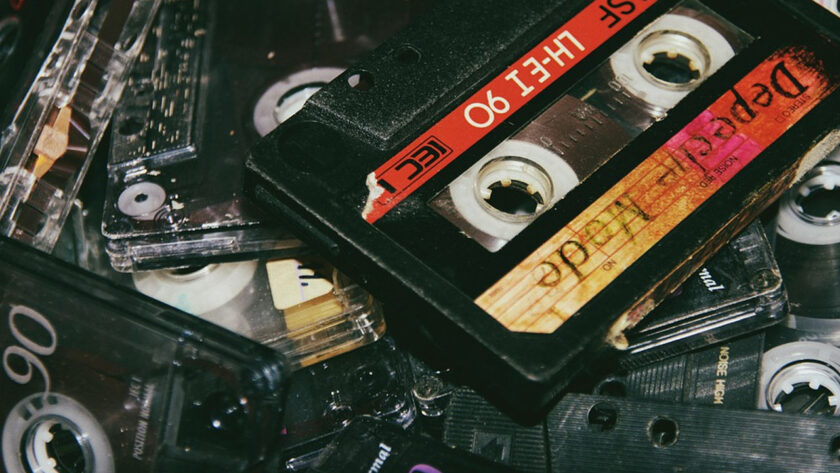Some things are harder to get rid of than others. This post may help you better work through these problem areas.
Are you having a hard time letting go of junk? Is it hard to determine whether your stuff is treasures or meaningless stuff? This post may help:
Treasures or Junk
They say one persons trash could be a treasure to another person. This is why I highly recommend donating your unwanted items to charity.
Stuff is just stuff if you don’t have a true use for it and if it doesn’t add joy to your life. Stuff becomes junk, just sitting there collecting dust.
Sometimes there are those special items that you just don’t use that you can’t seem to get rid of. They sit there haunting you, cluttering up your space. You can’t get rid of it, but you don’t really want to use it.
Perhaps you’ve tried going through the usual questions and they still don’t find a way out or a way to be used. These are the items that need some light shined down on.
Why do you keep it?
Basic “Junk” Stuff:
Maybe you haven’t made the time to go through things? Maybe you are procrastinating and putting it off for some reason? Either reason, you have the ability to choose to do things differently, now. Clutter is often delayed decisions or a representation of a visual to-do list. Once you can really ask yourself what’s stopping you and really look into it, you can shed some light on the issue and make some progress.
First comes attention, then comes understanding and action. This can be regarding clutter, or decisions in general. Take some real time to journal or write down why you have been doing things the way you have been, and what you would like to change. Then work from there to create an action plan and see to it. Putting forth the time to focus on your “stuff” and why you have it will help you decide if you really want to keep it.
Sentimental:
There are some items that you can’t seem to let go of that weigh you down in some way. For my mother, baby clothes was one of them. She stored everything I had ever worn in a storage unit for many years until I found out about it and helped her let go. She felt she was holding onto a memory of me by holding onto them, something which she cherished. But the fact of the matter was that she was never actively looking at the clothes, and didn’t do anything except store them in a box and get charged an absurd amount a month for storage for them. Also, that memory is within her, not outside of her in my baby clothes. I helped her understand this, and also that others may also benefit from her donating the baby clothes, as I didn’t want them myself. They didn’t suit me, and they didn’t suit her or her current life.
Does this situation bring any light to your sentimental attachments?
Another example is an old shovel that my mother was holding onto that belonged to her father, but never had any use, as it was actually broken. She held onto the shovel because it reminded her of her father, even though the shovel was large, old, rusty, and had no use. She actually had a negative memory when she looked at the shovel and it was more of a burden for her to remember than a positive memory. This alone helped her realize that it was time to let it go. Why hold onto a negative memory and have a lasting reminder in front of you all the time? Let it go and create new memories…
Guilt
Perhaps the item was a gift, and even though you don’t want it, you feel obligated to hold onto it because it feels “wrong” to get rid of it. Perhaps another person even expects you to hold onto it and to not get rid of it. Perhaps it’s a cultural thing even. There was a man I met once that mentioned in his culture that he must hold onto any gifts anyone has ever given him. Perhaps that may have worked long ago when homes where not filled with so much stuff, commercials and consumerism wasn’t around in the same way. But in this day and age, that idea is outdated and doesn’t benefit everyone.
Furthermore, what is a true gift? Is a gift a selfless act without strings? Or does a gift come with expectation and a requirement to do something in return? My point is, if it’s a gift, it should be given without saying to that person that they must hold onto it forever and carry it around through their life regardless of whether or not it brings that person joy. A gift is given freely and without strings and no one should feel obligated to hold onto things that they wish to get rid of. Especially if that gift would help another person if given away.
Still though, it’s hard for some people to let go of gifts.
What helps?
Sometimes asking permission and sharing your feelings about the gift in a kind way is a helpful method. If you worry that this isn’t the best method, then you can always choose another course of action. Some people may be offended, while other’s might not.
Not everyone has to know if you got rid of something that they gave you. Over time, they may have already assumed you have anyway if you don’t actively use it.
I hope this post has been useful for you in some way. If you like my post, please feel free to read some of my other ones.
Sincerely,
-Margot



